Giorgio Bassani
출생 : 1916-03-04, Bologna, Italy
사망 : 2000-04-13
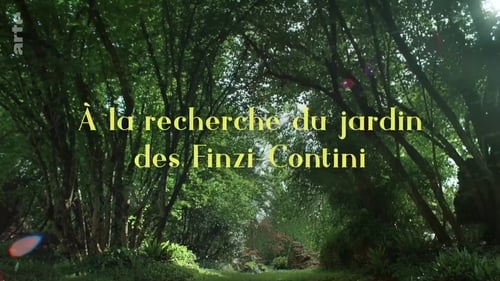
Self
Once upon a time there was a garden, a refuge, a safe haven - 'The Garden of the Finzi Continis'. It came to life in Giorgio Bassani's 1962 semi-autobiographical novel recounting an unfulfilled love story between two young Jews in Ferrara, while fascism was raging in Italy in the late 1930's. In 1972, Vittorio De Sica's film adaptation of the book won the Oscar for Best Foreign Language Film. Since then, the fictional space of the garden became so tangible that people from all over the world come to Ferrara to look for it. Fifty years after winning the Oscar, reality and fiction come together once more, as we walk through an imaginary garden and bring to life the book, its author, its main protagonists, history, love, friendships and betrayals.

Story

Poet Narrator (voice) (archive footage)
1963년 파졸리니는 뉴스릴을 사용한 영화 작업을 의뢰 받았다. 하지만 정치적 성향이 다른 극우 저널리스트 조반니 구아레스키가 영화에 참여함으로써 영화는 틀어지고 흥행에도 실패한다. 45년 후 쥬세페 베르톨루치 감독은 버려진 필름을 재구성한다. 당시 공개되지 않았던 파졸리니의 필름은 시적이고 정치적인 코멘터리로 가득할 뿐만 아니라 그의 급진적 역사인식을 적나라하게 보여준다. ‘우리의 삶은 왜 불만에 의해 지배되는가?’라는 의문으로 시작한 영화는 자유, 혁명, 계급투쟁에 대한 시각을 우주까지 확장시킨다.
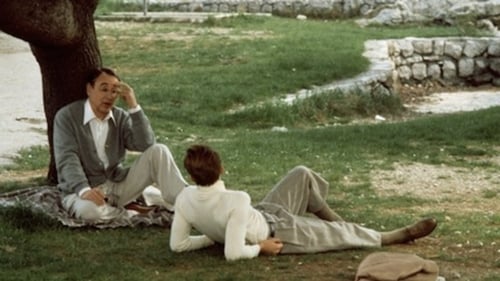
Novel
파시즘이 창궐하던 시기, 유태인 출신인 파디가티 박사는 자신이 동성애자라는 사실을 숨기고 있다. 어느 날 박사는 대학생 에랄도에게 매력을 느끼고 그를 후원해 주기로 한다. 하지만 박사는 유태인이라는 점과 자신의 성정체성 때문에 이중의 어려움을 겪는다. 조르조 바사니가 쓴 동명의 소설을 원작으로 하였고, 엔니오 모리코네가 음악에 참여했다.
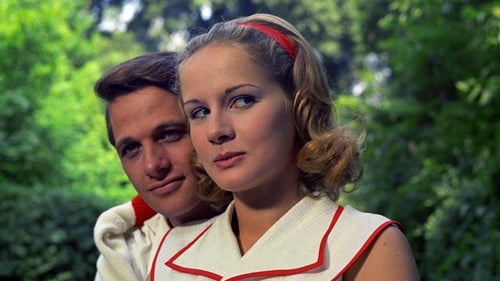
Novel
1930년대 말, 이탈리아의 작은 도시 페라라. 부유한 유태인 가문인 핀치 콘티니 가의 미콜과 알베르토는 저택에서 파티를 열고 테니스를 즐기며 평온한 나날을 보내고 있다. 무솔리니 정권 하에 민족차별법이 공표되고 전쟁이 임박하는 등 파시즘의 광풍이 몰아치는 가운데, 핀치 콘티니 가문은 세상과 동떨어져 궁전 같은 저택 안에서의 삶을 누린다. 미콜과 알베르토의 오랜 친구인 조르지오는 미콜을 열렬히 사랑하지만, 미콜은 조르지오에게 쉽게 마음을 내주지 않고 오히려 그의 친구인 말나테와 가까워진다. 유태인을 향한 박해는 점점 더 거세지고, 평화로울 것만 같던 이들의 삶에 위기가 닥치는데…
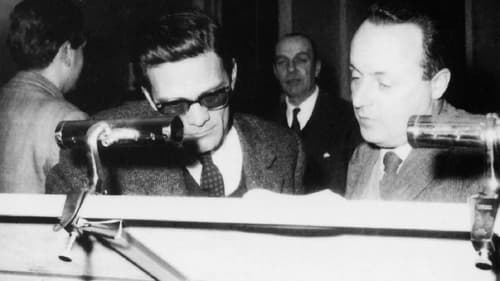
Poetry Narrator - Part One (voice)
Documentary footage (from the 1950s) and accompanying commentary to attempt to answer the existential question, Why are our lives characterized by discontent, anguish, and fear? The film is in two completely separate parts, and the directors of these respective sections, left-wing Pier Paolo Pasolini and conservative Giovanni Guareschi, offer the viewer contrasting analyses of and prescriptions for modern society. Part I, by Pasolini, is a denunciation of the offenses of Western culture, particularly those against colonized Africa. It is at the same time a chronicle of the liberation and independence of the former African colonies, portraying these peoples as the new protagonists of the world stage, holding up Marxism as their "salvation", and suggesting that their "innocent ferocity" will be the new religion of the era. Guareschi's part, by contrast, constitutes a defense of Western civilization and a word of hope, couched in traditional Christian terms, for man's future.
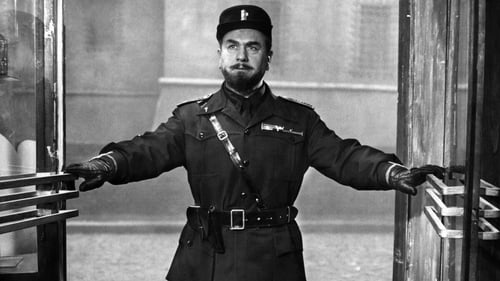
Novel
1943. The affair between Anna, unhappily married to wheelchair-bound Pino, and deserter Franco unfolds in foggy Ferrara, intertwining with the power struggle taking place within local Fascist ranks that culminates in a massacre of civilians, including Franco's father – Pino sees it all from his window, but will he tell anyone?

Screenplay
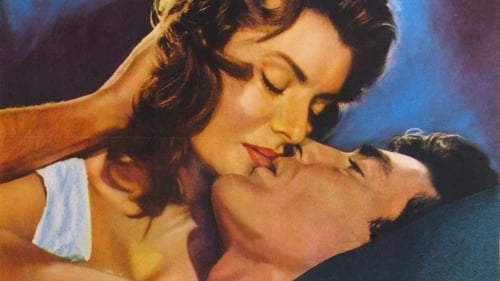
Dialogue
When peasant girl Nives is deserted by smuggler Gino Lodi, she betrays him to the police. Police officer Enzo Cinti, who loves Nives, traces her to the Po River cane-fields, where she is working as a cutter to support herself and an infant son, and warns her that Gino has escaped from prison and is seeking revenge. She rejects his offer to protect her. Gino finds Nives, mourning the drowning death of their son. He surrenders himself to the police and then walks at Nives' side in the funeral procession.

Screenplay
When peasant girl Nives is deserted by smuggler Gino Lodi, she betrays him to the police. Police officer Enzo Cinti, who loves Nives, traces her to the Po River cane-fields, where she is working as a cutter to support herself and an infant son, and warns her that Gino has escaped from prison and is seeking revenge. She rejects his offer to protect her. Gino finds Nives, mourning the drowning death of their son. He surrenders himself to the police and then walks at Nives' side in the funeral procession.
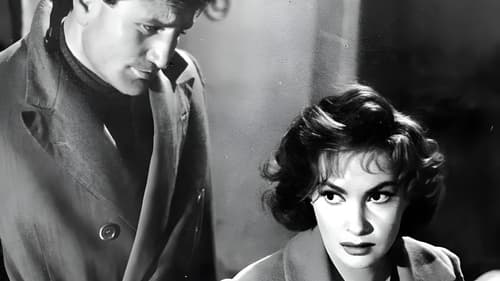
Screenplay
During the fascist era, Adriana a beautiful young model, becomes a prostitute after a love affair gone wrong. She meets Mino, a partisan who falls in love with her and wants to redeem her.
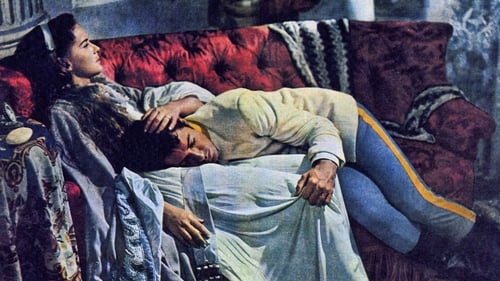
Co-Writer
1866년 봄, 오스트리아 점령하의 베니스를 배경으로 한다. 백작부인 리비아는 베니스 저항운동의 지도자이자 사촌을 구하기 위해 오스트리아 중위 말러에게 접근한다. 하지만, 그녀는 말러의 유혹에 흔들려 돌이킬 수 없는 사랑에 빠진다.

Screenplay
Nine episodes about life in Italy in the period just before its economic boom.

Screenplay
A film made up of four episodes: a jar repairer gets trapped in a vat because of his hunch; a young unmarried mother is forced to beg to buy herself a fan; Rosario Chiarchiaro appears before a law court for casting spells; the discomfort of an overtight jacket gives a wedding witness the strength to persuade the bridegroom's reluctant parents to bless his union.
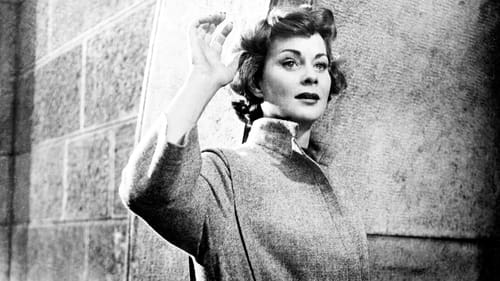
Screenplay
Eight-year-old Roger Court is in Venice expecting to reunite with his father, British diplomat Major Court (Trevor Howard), whom he hasn't seen in three years. Roger lives with his Aunt Rose since his mother abandoned him.

Story
Villa Borghese, Rome's biggest urban park, is the place where everyday laughs and dramas are consumed. The movie is made of six vignettes set there.
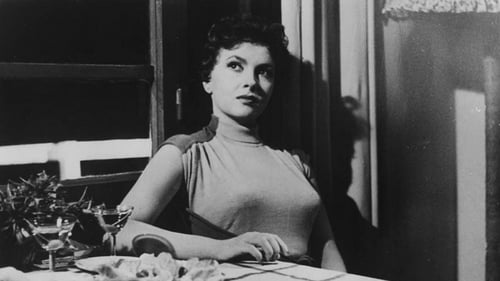
Screenplay
The ever-growing popularity of Gina Lollobrigida was a decided box-office asset when the Italian La Provinciale was distributed to the U.S. as The Wayward Wife. Lollobrigida acquits herself quite nicely in the tensely dramatic role of a much-put-upon small-town girl named Cemma. Seduced by a lad who turns out to be a relative, Cemma is tossed out of her home. Seeking security, she impulsively marries bookish science professor Franco Vagnuzzi (Gabriele Ferzetti). Bored by her marriage, Cemma doesn't realize the true value of her loving husband until it's almost too late. The original 118-minute run time was reduced for U.S. release.
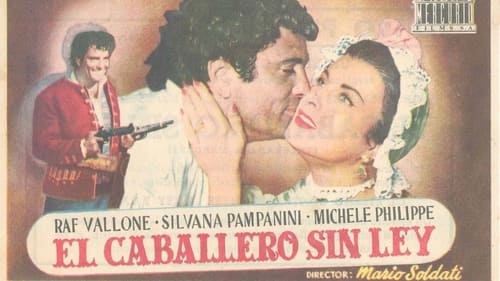
Screenplay

Narrator - 'professore'
Three gorgeous seamstresses meet on the historic steps of the Piazza de Spagna in Rome to discuss one another's love lives.













